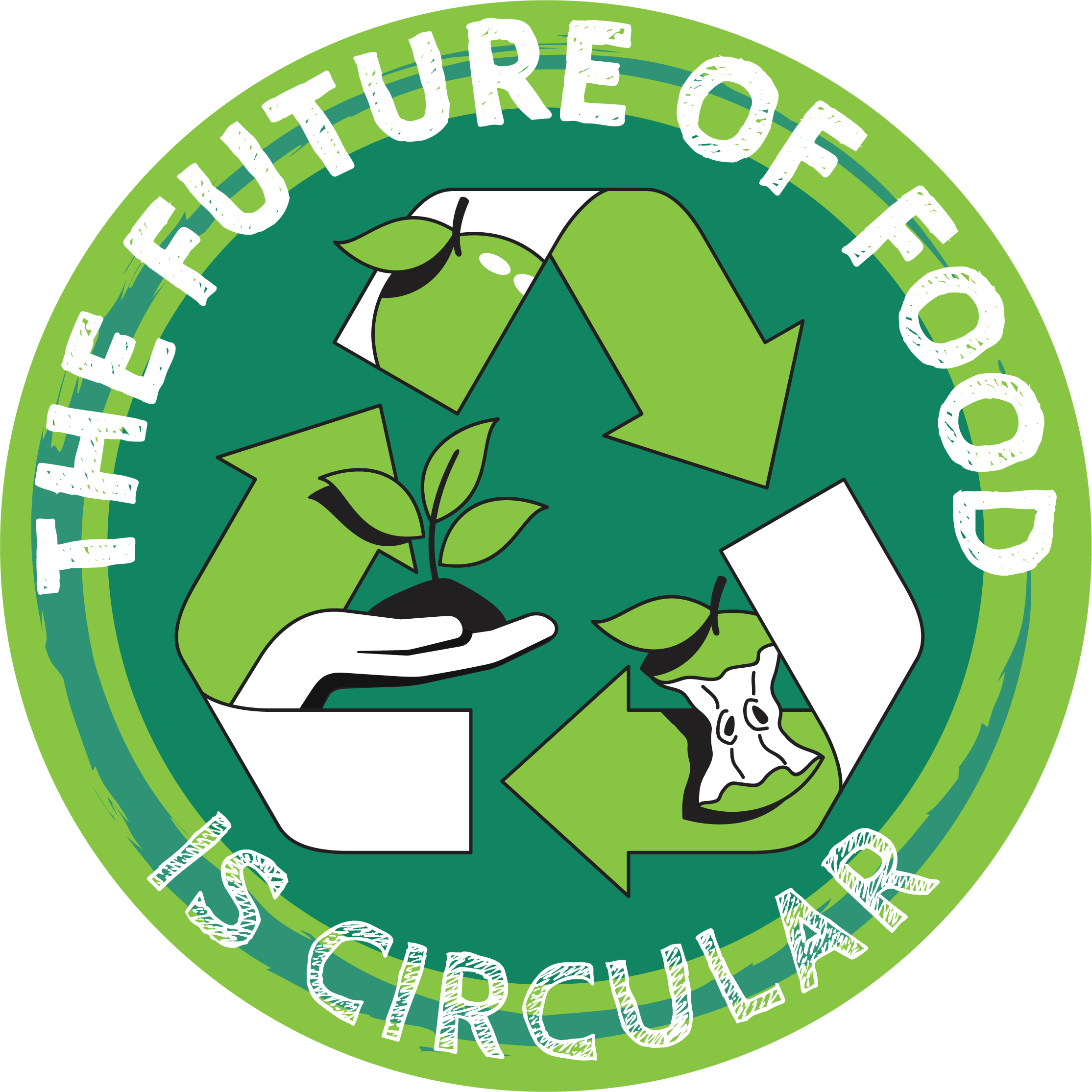news and blog

From Waste to Soil: Why September is the Season to Rethink Food Systems
September is harvest time—but also peak food waste. At Agriton, we believe scraps aren’t rubbish, they’re soil in waiting. By using bokashi fermentation and local composting, farms, councils, and communities can cut costs, build soil health, and strengthen local food systems. Healthy soil means healthier people, healthier harvests, and a more resilient future. 🌱

Reimagining Green Waste: How Bokashi Is Helping Estates Like Lyme Park Regenerate Their Landscapes
Discover how Lyme Park is rethinking green waste with Agriton’s Bokashi “cut and drop” system—an on-site fermentation method that turns garden waste into microbe-rich mulch. This low-cost, low-labour solution reduces fuel use, retains soil carbon, and regenerates landscapes without the need for turning, hauling, or heavy equipment.

Agriton UK at Groundswell 2025: Natural Solutions for Horticulture and Farming
Agriton UK returns to Groundswell 2025, continuing our journey since 2017 to support regenerative horticulture and farming. Visit us to discover how Bokashi fermentation can transform farmyard manure, green waste, and food waste into a powerful tool for building healthier, more resilient soils.

🌿 Win 3 Bokashi Bins – The Ultimate Composting Giveaway🌿
We’re giving away 3 Bokashi bins to help you and your friends start composting at home! Discover how to enter this quick, eco-friendly giveaway today.

The Lost Gardens of Heligan: A Legacy of History, Challenges, and Innovation
The Lost Gardens Of Heligan , a historic Cornish estate, faces a new challenge—an invasive weed threatening its productive gardens. To combat this, the team is testing Bokashi composting, an eco-friendly method that could revolutionise their approach. With a past shaped by World War I and a future embracing sustainability, Heligan blends history with innovation. Will this experiment succeed?


Glastonbury Bokashi with spoilt hay
A 700-year-old farm in Glastonbury, West Penard, is undergoing a remarkable transformation using sustainable practices like Bokashi composting and microbial restoration. Faced with challenges such as waterlogged soil, failing septic systems, and leftover moldy hay, the farm is turning to regenerative agriculture to restore soil health and reduce waste. By repurposing organic materials and leveraging Effective Microorganisms (EM), the project highlights innovative solutions for sustainable land management. Join Martyn as he visits Tom to build a Bokashi heap, exploring how these methods support long-term farm regeneration.

World Soil Day: Nurturing the Earth Beneath Our Feet
On World Soil Day, we honor the vital role soil plays in sustaining life on Earth. Did you know that 95% of the food we eat begins with healthy soil? Yet, soil faces mounting challenges like erosion, pollution, and loss of biodiversity. At Agriton, we’re turning waste into rich, life-giving soil through innovations like bokashi composting and biochar. These methods not only enrich soil health but also combat climate change by storing carbon. Join us in celebrating soil’s power to nourish, sustain, and heal our planet. Together, let’s protect the ground beneath our feet for future generations. 🌱

Bokashi Composting: A Sustainable Revolution for Your Garden and Beyond
Bokashi composting is revolutionizing sustainable gardening by transforming organic waste into nutrient-rich soil. This fast, odour-free method retains nutrients, boosts soil health, and reduces waste, making it ideal for home gardens, farms, and large estates. Learn how to build a Bokashi heap and contribute to a greener future!

Turn Your Bokashi Journey into Big Rewards with Agriton’s BO’CASH-BACK Campaign!
Discover how Agriton’s BO’CASH-BACK Campaign is transforming Bokashi composting into big rewards! 🌱 From £50 off your next purchase to a FREE Oddballs bobble hat and exclusive discounts, this campaign celebrates sustainable farming while supporting awareness for testicular cancer. Simply share a 30-second video about your Bokashi journey to claim your perks. Don’t miss out – the campaign runs until April 1st, 2024!
